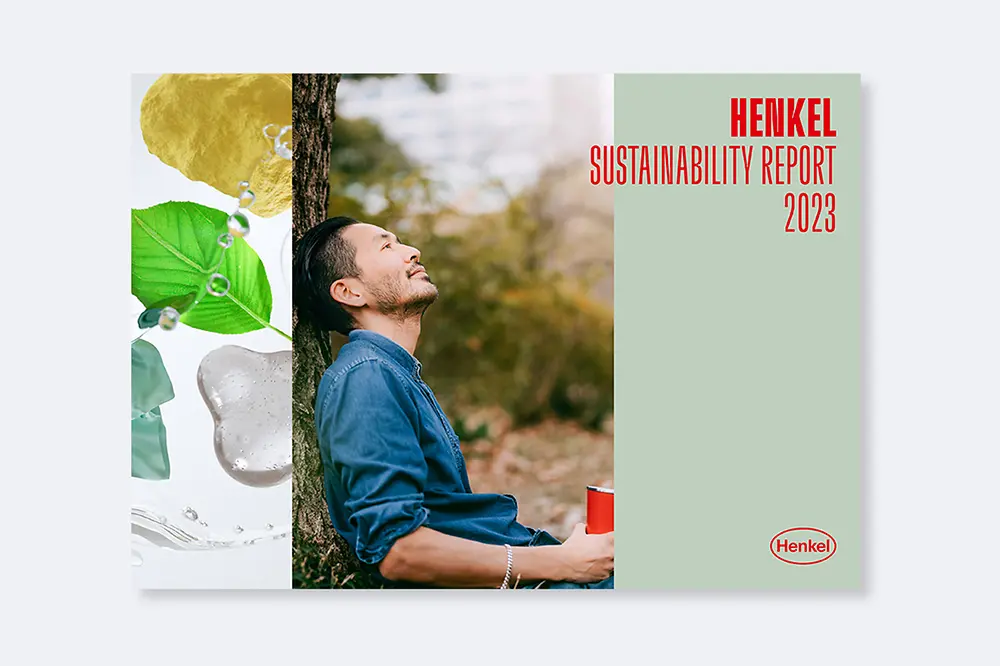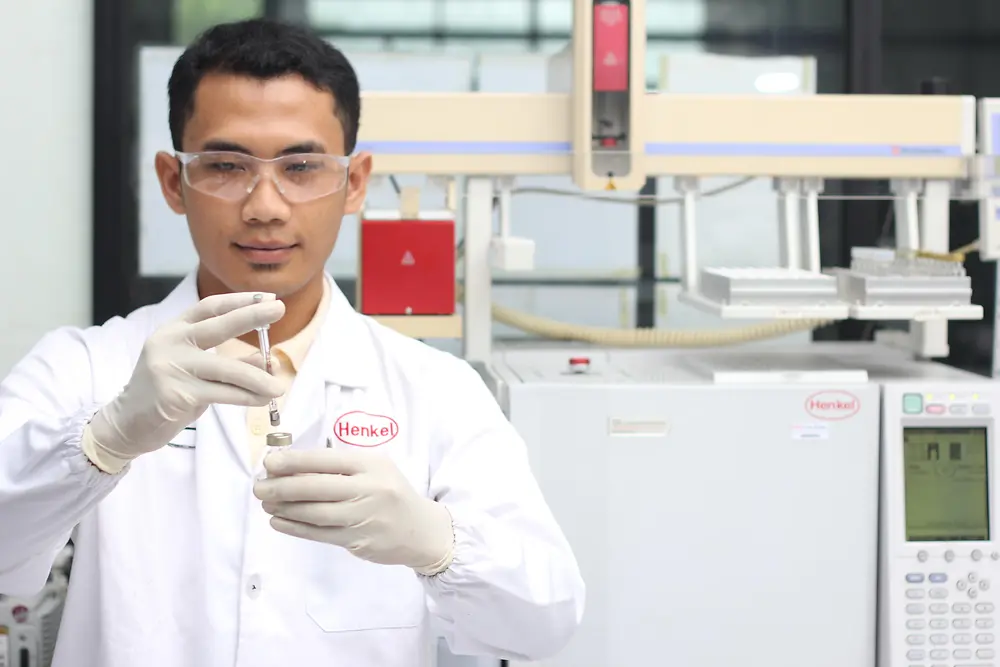Discover the brands and technologies from our business units Adhesive Technologies and Consumer Brands.
May 4, 2016
Marching ahead towards our sustainability goals
Indonesia contributed strongly towards achieving Henkel’s global interim sustainability targets for 2011 - 2015.
Achieving more while using less resources and tripling the efficiency by 2030 – that is the goal of Henkel’s Sustainability Strategy. The company has made great progress and has surpassed its interim targets for 2011 to 2015.
- energy efficiency improved by 18 percent
- water use by 23 percent
- waste volume by 17 percent
- occupational safety by 33 percent and
- sales by 11 percent.
Overall, Henkel has improved the relationship between the created value and the environmental footprint by 38 percent.
Contributing to the global achievements, Henkel Indonesia made solid progress in two dimensions: “more value” and “reduced footprint.” More value was created in the areas of ‘performance’, ‘safety and health’ and ‘social progress’ while resource use—and hence the ecological footprint of our operations and products—was reduced in the areas “energy & climate”, “materials & waste” and “water & wastewater.”
In 2015, improvements in productivity at the adhesives plant in Pasuruan led to a doubling of production capacity and significant cost savings. The plant also received the ‘Zero Accident Award’ from the East Java Government. A variety of water saving initiatives led to a reduction of water use by 40 percent* and an improvement in the quality of wastewater by up to 90 percent. The plant also achieved an energy reduction of 5 percent.
Henkel Indonesia employees also built two houses, water sanitation and drainage facilities in the village of Tanjong Anom, Tangerang, as part of their outreach to neighboring communities in need. Sustainability Ambassadors visited two schools in 2015, the British Jakarta School and Sekolah Cita Buana, spreading the message of sustainability to 235 students.
Allan Yong, President of Henkel Indonesia, said, “I would like to thank our employees, partners and customers for these achievements. We will also be accelerating our efforts in contributing to the company’s long-term goal of tripling our efficiency by 2030 compared to 2010.”
Globally, the company has defined its targets and ambitions for the next five years, aiming for an overall efficiency improvement of 75 percent by 2020 compared to 2010.
*from 2010-2015




